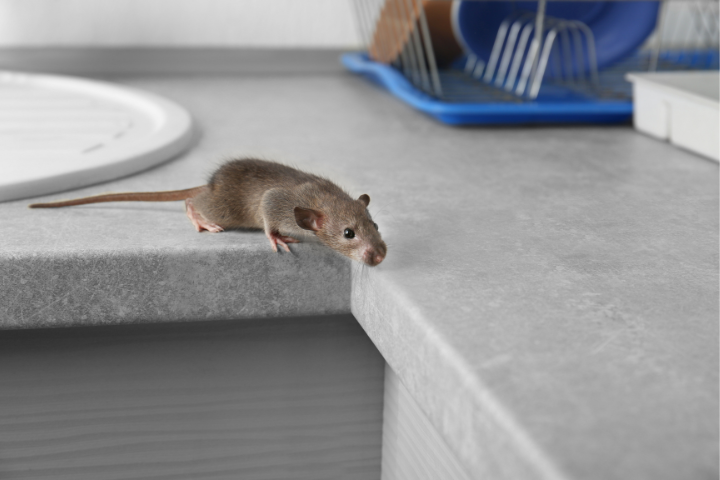
Why Rodent Control Matters in Charleston
Charleston’s historic charm, coastal climate, and abundant greenery create the perfect environment for rodents to thrive. From roof rats in downtown older neighborhoods to Norway rats near marshy areas, rodents are a common—and serious—issue for local homeowners. If you’re noticing scratching sounds in the walls or signs of droppings in your kitchen or attic, it may be time to consider professional rodent control to safeguard your home and health.
Local Rodent Trends in Charleston
Rodents are particularly active in Charleston neighborhoods like Mount Pleasant, West Ashley, James Island, and the Peninsula. Reports of infestations often spike during the cooler months as pests seek warmth and shelter indoors. According to Clemson University Cooperative Extension, Charleston residents most frequently encounter Norway rats, roof rats, and house mice, especially in areas close to water or dense vegetation.
Expert Insight
“We have a mix of coastal humidity, historic homes, and dense vegetation here, and that creates the perfect storm for rodent activity. I always tell homeowners that getting rid of rodents isn’t just about trapping, it’s about sealing up entry points, removing attractants, and understanding how these pests behave in our area.”
— John, a senior technician at Lookout Pest Control.
DIY Rodent Prevention Tips for Charleston Homeowners
While professional rodent control is often the most reliable solution, Charleston homeowners can take several steps to help prevent infestations on their own:
-
Seal Entry Points
Close off any cracks or holes around doors, windows, pipes, and vents using steel wool and caulk. Rodents can squeeze through openings as small as a dime – ah! -
Eliminate Food and Water Sources
Keep food sealed, clean up crumbs promptly, and remove pet food at night. Store garbage in tightly sealed containers. -
Declutter Your Property
Keep shrubs trimmed, remove debris, and store firewood at least 18 inches off the ground to eliminate potential nesting sites. -
Maintain Attics and Crawl Spaces
These hidden areas often become rodent havens. Ensure they’re dry, sealed, and free from clutter. Encapsulation systems and dehumidifiers can further deter pests.
When to Call for Professional Rodent Control
Even the most diligent DIY efforts sometimes fall short, especially with persistent or large-scale infestations. That’s when finding a trusted rodent control expert in Charleston becomes essential. A qualified local provider can assess your home, identify entry points, and implement exclusion tactics along with safe, effective removal.
What to look for in a Charleston pest control company:
-
Local Expertise: Knowledge of Charleston’s climate and architecture improves treatment accuracy.
-
Integrated Pest Management: A comprehensive, eco-conscious approach to long-term control.
-
Rodent Exclusion Services: Preventative sealing to block future access.
-
Strong Community Reputation: Look for 5-star reviews from local homeowners.
Take Action Before Rodents Take Over
Rodents reproduce quickly and can cause extensive damage in a short period of time. Whether you’re in the historic district or a newly developed neighborhood, acting early is key. Using proven prevention tips and working with a local expert in rodent control ensures your home stays safe, clean, and pest-free year-round.
For comprehensive service and peace of mind, contact Lookout Pest Control today. Our 18-pest guarantee includes rodent control at no extra cost with your quarterly pest control service!
Rodent Control in Charleston: Expert Tips and Local Insights to Protect Your Home in Tennessee, Georgia, Alabama, Kentucky, North Carolina, & South Carolina
Serving the Southeastern United States
Tennessee | Chattanooga Metro | Nashville Metro | Knoxville Metro
| Georgia | Atlanta Metro |
Alabama | Huntsville Metro | Birmingham Metro
Kentucky | Bowling Green Metro | Hopkinsville | Russellville
| North Carolina | Charlotte Metro |
South Carolina | Charleston Metro
Home » Rodent Control in Charleston: Expert Tips and Local Insights to Protect Your Home
